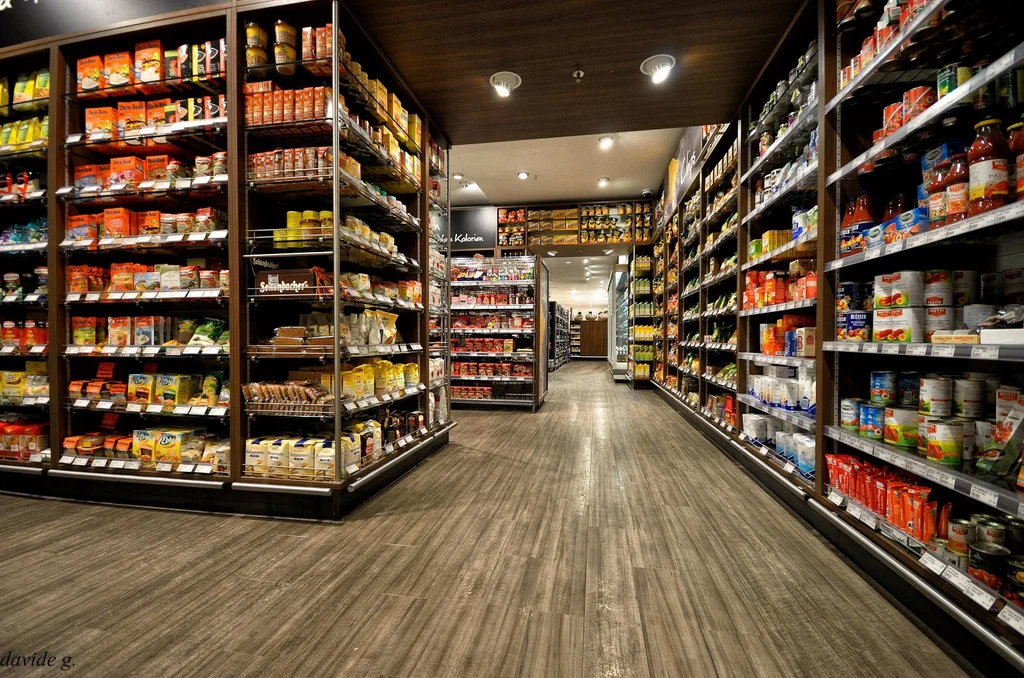Industrial real estate is a specialized sector in the property market that caters to the operational needs of businesses in manufacturing, logistics, storage, and distribution. As the backbone of commerce and trade, this segment plays a critical role in supporting global supply chains and economic growth.
What is Industrial Real Estate?
Industrial real estate refers to properties designed for industrial purposes, including production, storage, and distribution. These properties are integral to industries such as manufacturing, e-commerce, transportation, and technology. Common types of industrial properties include:
Warehouses: Large spaces used for storing goods and materials before distribution.
Manufacturing Plants: Facilities for producing goods, ranging from small-scale factories to large-scale industrial complexes.
Distribution Centers: Properties optimized for quick movement of goods to retailers or consumers.
Flex Spaces: Versatile spaces combining office and industrial functions, suitable for small businesses or startups.
The Importance of Industrial Real Estate
real estate is vital for businesses that rely on efficient production and distribution. The rise of e-commerce and globalization has increased the demand for strategically located industrial properties. Key benefits include:
Supply Chain Optimization: Well-located facilities reduce transportation costs and ensure timely delivery of goods.
Economic Growth: Industrial properties support job creation and attract investments in local economies.
Scalability: Flexible industrial spaces allow businesses to expand operations as needed.

Factors Driving Demand for Industrial Real Estate
E-Commerce Growth: Online shopping has skyrocketed, increasing the need for warehouses and distribution centers.
Technological Advancements: Automation and smart logistics require modern, tech-enabled industrial spaces.
Globalization: International trade has led to higher demand for properties near ports, airports, and highways.
Reshoring Efforts: Companies are bringing manufacturing closer to home, boosting local industrial real estate markets.
Key Considerations for Industrial Real Estate Investments
Investing in real estate can be highly lucrative, but it requires careful planning. Important factors include:
Location: Proximity to major transportation hubs, highways, and consumer markets is crucial.
Zoning Regulations: Ensure the property complies with local zoning laws and industrial use guidelines.
Infrastructure: Modern facilities with features like high ceilings, loading docks, and energy efficiency attract high-quality tenants.
Market Trends: Monitor industry trends, such as demand for cold storage or multi-level warehouses.
Future of Industrial Real Estate
The real estate sector is poised for continued growth, driven by advancements in technology, urbanization, and the shift towards green logistics. Emerging trends include:
Smart Warehousing: Facilities equipped with AI, robotics, and IoT for efficient inventory management.
Sustainability Initiatives: Properties with solar panels, energy-efficient designs, and green certifications are gaining popularity.
Urban Industrial Spaces: The demand for “last-mile” delivery hubs in urban areas is creating opportunities for redevelopment.
Industrial real estate is a cornerstone of modern business operations, offering immense potential for growth and investment. Whether you’re a business owner seeking a facility or an investor exploring new opportunities, the industrial real estate market promises a future of innovation, sustainability, and economic impact.


Pingback: Choosing the right property in Coimbatore